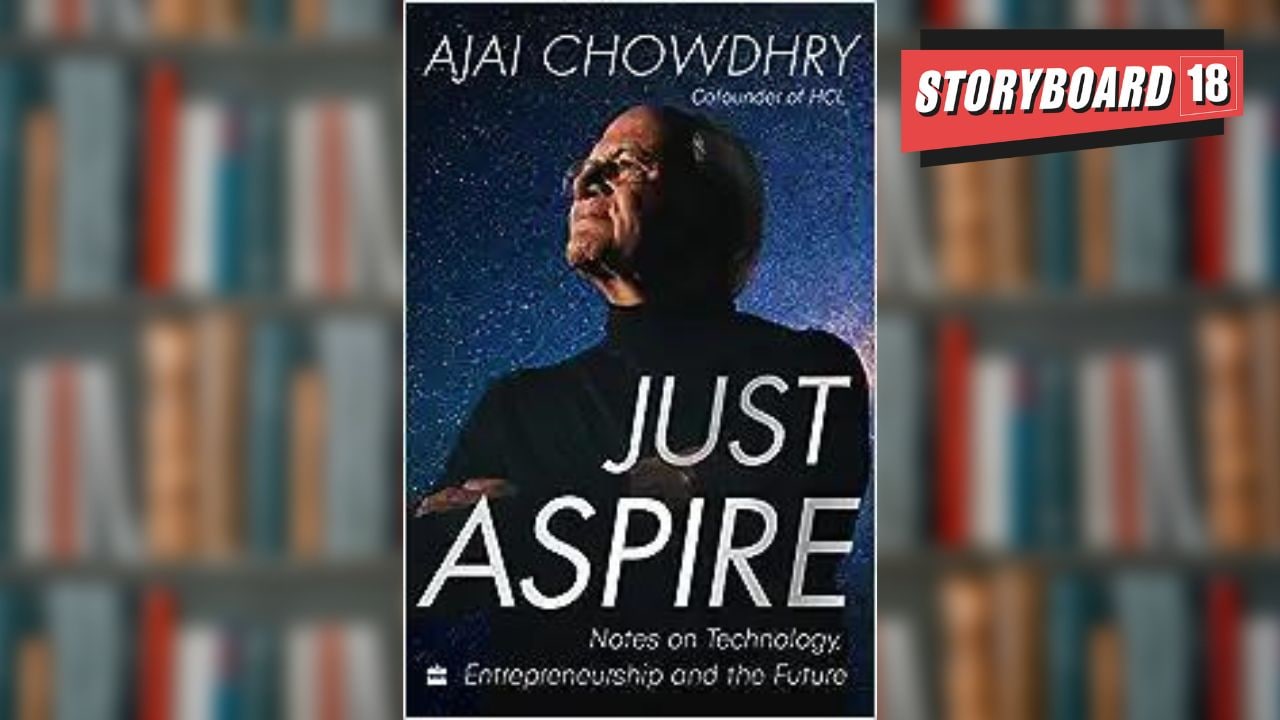Of communal baths and visionary paths
Would you believe that Ajai Chowdhry, the co-founder of HCL had a tiger as a pet while growing up in Bundelkhand Jabalpur? Bold!
As one of HCL’s six founder members, Chowdhry is often referred to as the ‘father of Indian hardware.’ With a vision of “IT for the masses”, he started his journey four decades ago with a dream to build India’s own microcomputer. Since then, he has not only built one of India’s largest IT companies, but also contributed to academic and philanthropic institution building over the years.
Here are our five Bookstrapping insights:
1. His father was an IAS officer and Chowdhry was the youngest of seven children. What stands out is that it is not your typical rags to riches story. It is a comfort to riches story and its worn comfortably.
2. Many books of this period that I have reviewed, have one feature in common. Pen friends. Exceedingly common in the late 20th century, pen friends were today’s Facebook; a way to make new friends and stay connected. But what’s interesting is the mention of imported shaving blades coming in the pen friend mail! Interesting.
3. For a business biography, the literary elements in the book are very strong. For example, at a part where Ajai mourns the death of his dog, Oliver Goldsmith’s poem titled ‘An Elegy on the Death of a Mad Dog’ fits beautifully. Also, he shares a healthy collection of his childhood reads, in the chapter ‘Jabalpur’ all of which are classics.
4. One of the most insightful things in the book has to be Chowdhry’s reference to Harvard professor Harry Lewis’s indictment of the education system and its inability to focus on character building of the students as follows, “Universities have forgotten their larger role …rarely will you here more than promised about their personal strength, cooperation, compassion and how to leave the world a better place than you found it.”
5. And on the subject of ‘charity’ he says beautifully, “ If you’re guided solely by your feel good factor, your altruism is a form of self-indulgence. Only if your donation is outcome oriented, are you a genuine giver.”
The book is a very ‘human’ one, as opposed to a business story. The anecdote about a meeting in Chowdhry’s hotel room in China, where one by one, fifteen men used his bathroom to shower is something that will stay with the reader, even after the last page is turned. ‘A hot shower in an individual bathroom is a luxury,’ they shared candidly! And that’s when Chowdhry politely changed his room!
Knowing where to draw the line can be important, even when trying to win business!
